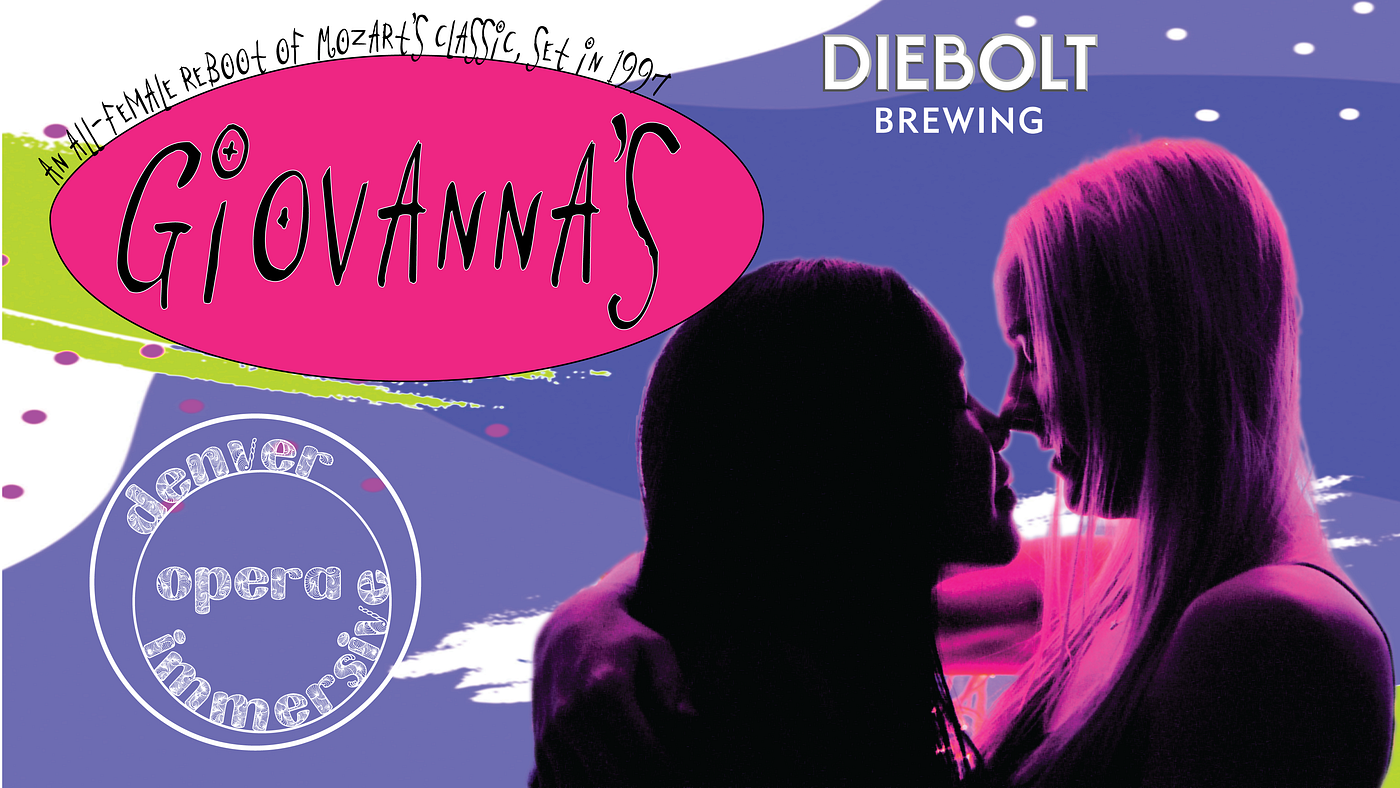
It’s 1997 and Giovanna’s is the hottest girl bar in town! That’s the concept behind Denver Immersive Opera’s latest project, all-female reboot of Mozart’s Don Giovanni. The classic piece has been translated to English and is being staged at a brewery in a new site-specific version that’s a far cry from your typical production of Don Giovanni; audience members can expect improvised and interactive scenes and a more modernized story as well, with members of the lesbian community represented in the show.
We spoke to DIO’s Corrine Denny to learn more.
No Proscenium (NP): Can you tell us a little about yourself, your background in making immersive performances, and Denver Immersive Opera?
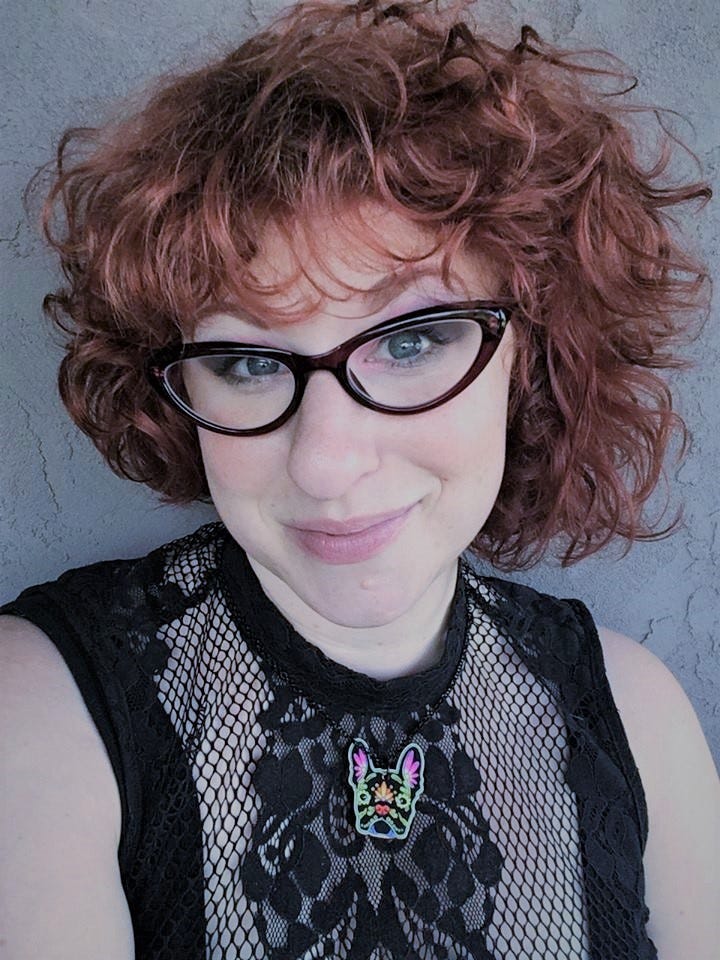
Corinne Denny (CD): My background is varied to say the least! I studied coice and straight theatre during undergrad, and then went on to do a dual MM in Opera and Musical Theatre Performance at Arizona State University. My resume includes everything from The Vagina Monologues to Die Fledermaus. I’ve always flitted back and forth between theatre and opera, wanting both the creative freedom of theatre and the musical challenge and beauty of opera. I spent years trying to build a career in the traditional opera world as a singer, but I never seemed to be the “type” they were looking for. On top of that, I wasn’t seeing many productions that excited me as a singer or an audience member. Locally, I had been working as an opera stage director and administrator, so in 2017, I finally decided to take the leap and start Denver Immersive Opera (DIO).
Before starting DIO I had participated in site-specific, traveling productions, directed shows in non-traditional venues, and seen immersive shows, but never created one. There are only a handful of opera companies creating productions like this world wide, and even fewer using only existent works. (I would LOVE to have the funds to commission something someday!!) That being said, it’s definitely been a lot of trial and error and experimentation, discovering the possibilities and restrictions in creating an immersive opera versus immersive productions and pieces in other mediums. However, immersive opera allows us to take many of the limitations of a small opera company and turn them into assets. For example, most small opera companies struggle with finding appropriate performance spaces they can afford. We tailor our shows around each space, sometimes finding the space before we pick the show.
In addition to creating immersive productions, DIO focuses on creating performance opportunities for singers identifying as female or non-binary. As a singer, I felt like I was always seeing tons of female singers at auditions, and more male roles out there, so I crunched the numbers. Of the top ten operas performed in North America (according to Opera America) only 38% of the roles are for female singers. I reached out to Colorado Opera on Tap (most professional level singers in our state are at least on their roster) and 72% of their singers identify as female. That’s a huge disparity in available work and workforce population! And don’t even get me started on opportunities for non-binary or trans singers! Lucia Lucas just made her American debut as Giovanni at Tulsa Opera in May, and was the first trans woman to ever sing a leading role at high level American house. That’s just crazy to me!
NP: What, in a nutshell, is the Giovanna’s project about? Why choose to adapt a classic this way?
CD: Giovanna’s is about turning the original, masculine dominated show on its head, to create meaty and interesting roles for women that you don’t typically see in opera; as well as representing the lesbian community, one that is underrepresented in both musical theatre and opera. Don Giovanni (the original version of this opera) has always been very problematic to me, despite containing some of the most beautiful music ever composed. The opera opens with one of the lead characters being raped (though this is slightly unclear and debated by some), and it’s supposed to be funny. The title character, Don Giovanni, has a catalogue of the hundreds of women he’s slept with, and it’s made very clear they weren’t all willing. One of my singers mentioned to me how they’d love to see a female Giovanni — a Giovanna! I loved this idea and ran with it, making the cast entirely female. We’ve changed some of the plot points (taking out the rape of course) to make it more modern and blur the lines between who is “good” and who is “bad” for a more complex story that’s still slapstick and hilarious.
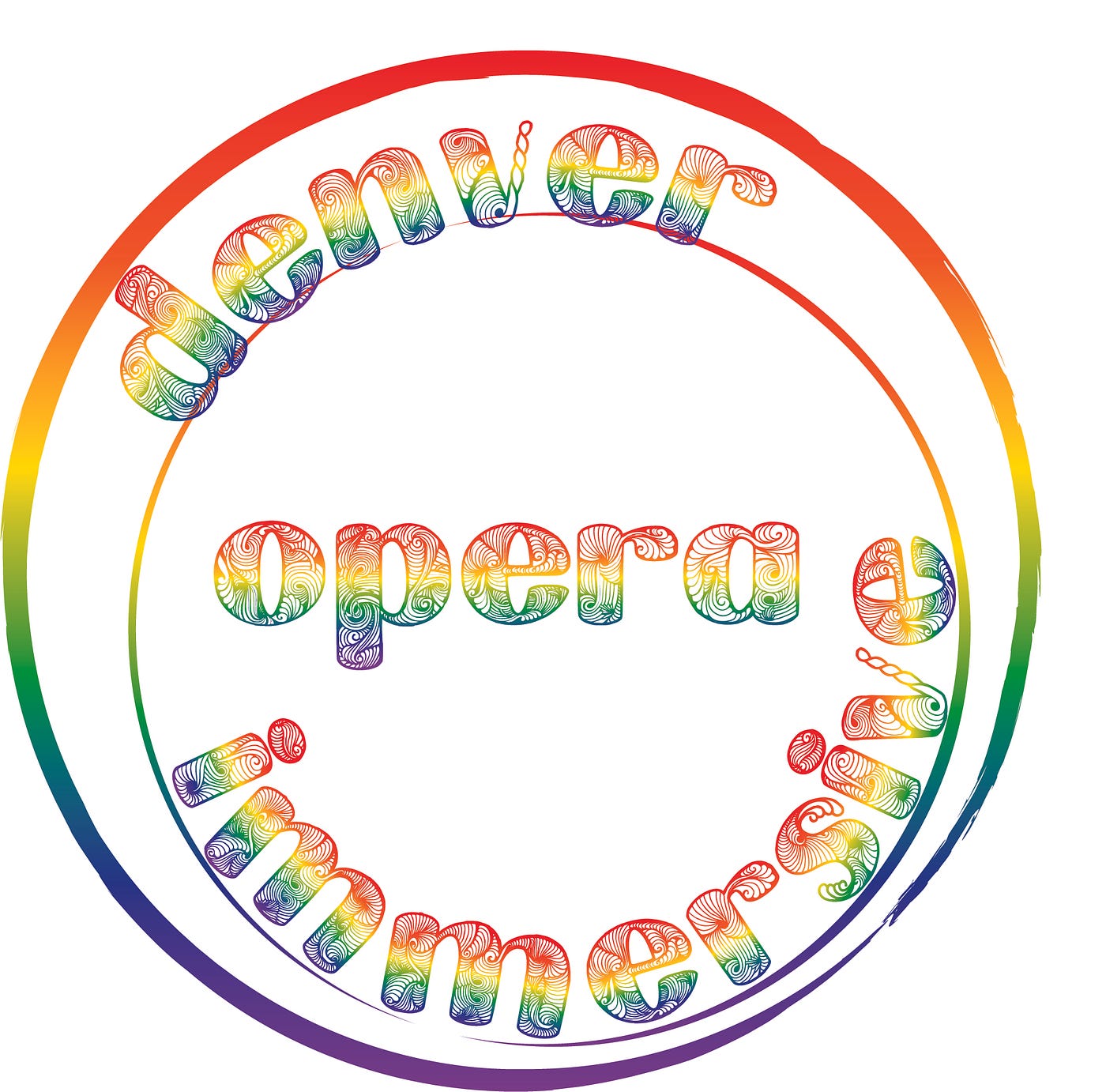
NP: Why choose to set your take on this story in the late 1990s?
CD: When I first came up with the concept, and the idea of setting it in a girl bar, I was originally planning on setting it in present day. As things developed, I started running ideas past people in the LGBTQ community. One of the people I spoke to was Connie Lane, who is on the Theatre faculty at CU Boulder. She suggested we set it in the 90’s since girl bars were such an important part of lesbian culture at the time, and have actually seen a decline in recent years. As a musician who grew up in the 90’s, I immediately started thinking about the rise of girl rock, folk, and pop that dominated the decade and felt like that was a good reflection of the concept itself- women taking over something traditionally male dominated. So the concept wraps together 90’s girl bars and girl rock/pop star imagery to push male to female idea even further.
Get Kathryn Yu’s stories in your inbox
Join Medium for free to get updates from this writer.
SubscribeSubscribe
NP: Why do you feel that staging operas in a site-specific or immersive fashion is compelling, compared to using a traditional stage?
CD: I’ll say it — most people think opera is boring and snobby. And to be honest, a lot of opera productions out there are just that. I think taking out the fourth wall, the big theatre, the orchestra, and the language barrier makes it easier for singers and audiences to relate and connect emotionally. All our characters are people you know or know of, not counts and countesses. Being close to and involved with the characters really drives that home. On top of that, immersive opera allow audiences to hear what an opera singer sounds like up close, which is so much more powerful than from the back of the theatre.
NP: How is the audience incorporated into the work? How interactive is the piece going to be?
CD: When you enter the space for Giovanna’s, you will actually be in the bar. You’ve come to Giovanna’s for a few drinks, and the story unfolds around you. The audience will frequently be invited to participate in the story as fellow patrons of the bar. As we do have specific music and storyline we have to follow, the audience will not be able to change the story, but they will be a part of it.
NP: How are you designing around audience agency, consent, and safety in Giovanna’s?
CD: Something we have always struggled with as an immersive opera company is allowing audiences more agency. With opera, we have a timed, prewritten score we have to stick to without room for variance. To provide more audience agency and interaction, we have taken out all of the timed speak-singing (recitativo), and replaced it with spoken improvised scenes which audience members will be a part of.
To make things more comfortable and easily communicated between the performers and audience, we are actually going to have “No Contact,” “Medium Contact,” and “High Contact” zones clearly marked in the space. The “No Contact” zone will give people more comfortable with a traditional opera experience or those uncomfortable with interaction a way to see the show without feeling obligated to participate. “Medium Contact” will be for people wanting to participate, but who do not wish to have physical contact with performers. “High Contact” will be for audience members who wish to participate in all aspects. Due to the nature of the story, setting, and sexual content, we thought it was very important to make consent clear and easy to communicate. Audience members will also be able to move from zone to zone throughout the show if they become more or less comfortable. The space is ADA accessible and audience members will not be asked to participate in anything physically dangerous.
NP: Who is the ideal audience member for this show?
CD: Whenever I create a DIO show, I always aim toward the person who has never seen an opera before. I want our shows to make people who never thought they would like opera fall in love with it. This particular production does include a lot of comedic sexual content and innuendo, so we are only allowing minors 14 and up with a parent, and they will be required to stay in the “No Contact” zone. Due to this content, it may also be triggering for some audience members, so please take this into account.
Other than that, I think this a perfect show for anyone looking for some great music, great beer, and a hilarious (but pretty raunchy) evening. It would also be a wonderful first opera or immersive experience.
NP: What do you hope participants take away from the Giovanna’s experience?
CD: Female (opera) characters don’t have to just be the damsel in distress or jilted lover. They can be the one doing the jilting, the supportive spouse, and everything in between. Empowerment and representation is necessary in all art forms (even opera) if we really want to see societal change on a national level. And last, opera is for everyone, not just the 1%!
Giovanna’s runs on select dates July 19–28 in Denver. Tickets are $25.
NoPro is a labor of love made possible by our generous Patreon backers. Join them today!
In addition to the No Proscenium web site, our podcast, and our newsletters, you can find NoPro on Twitter, Facebook, YouTube, Instagram, in the Facebook community Everything Immersive, and on our Slack forum.
Office facilities provided by Thymele Arts, in Los Angeles, CA.


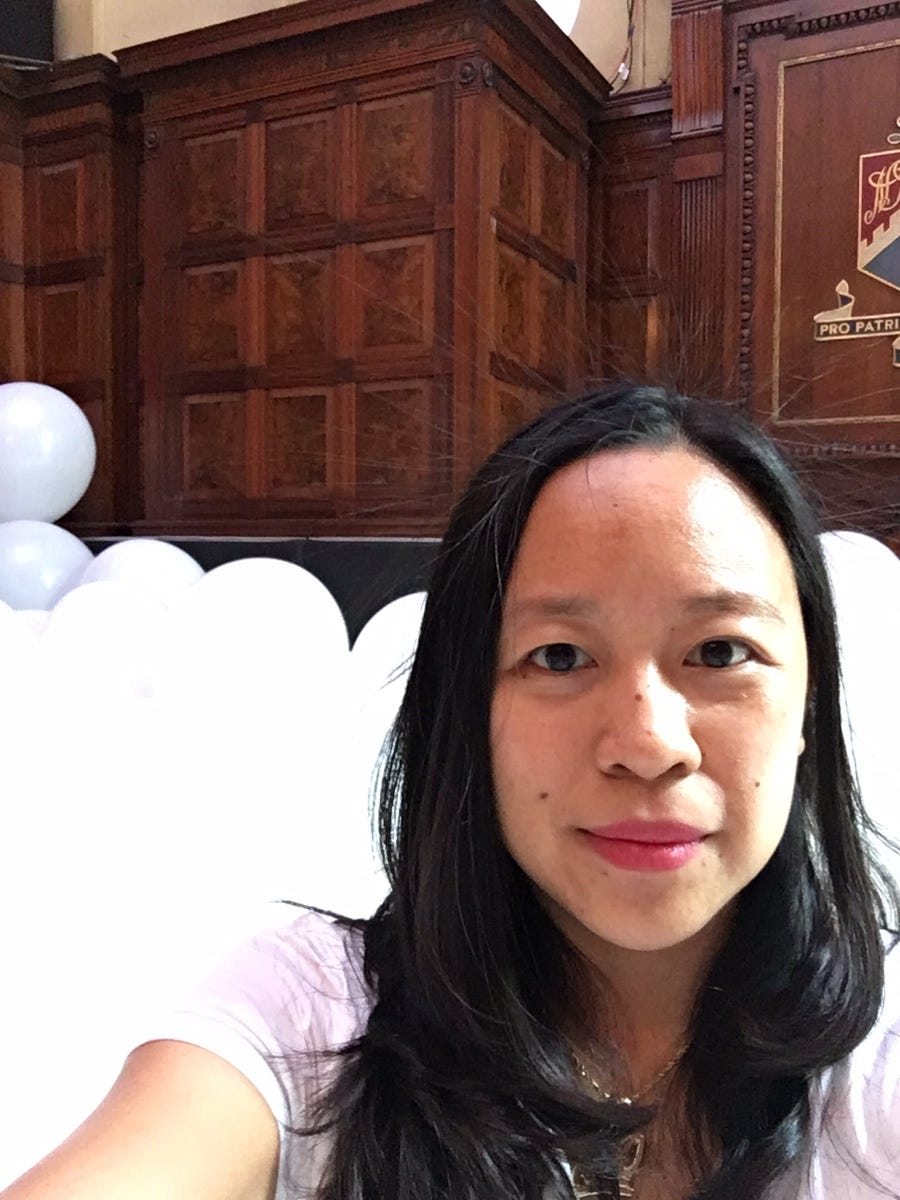
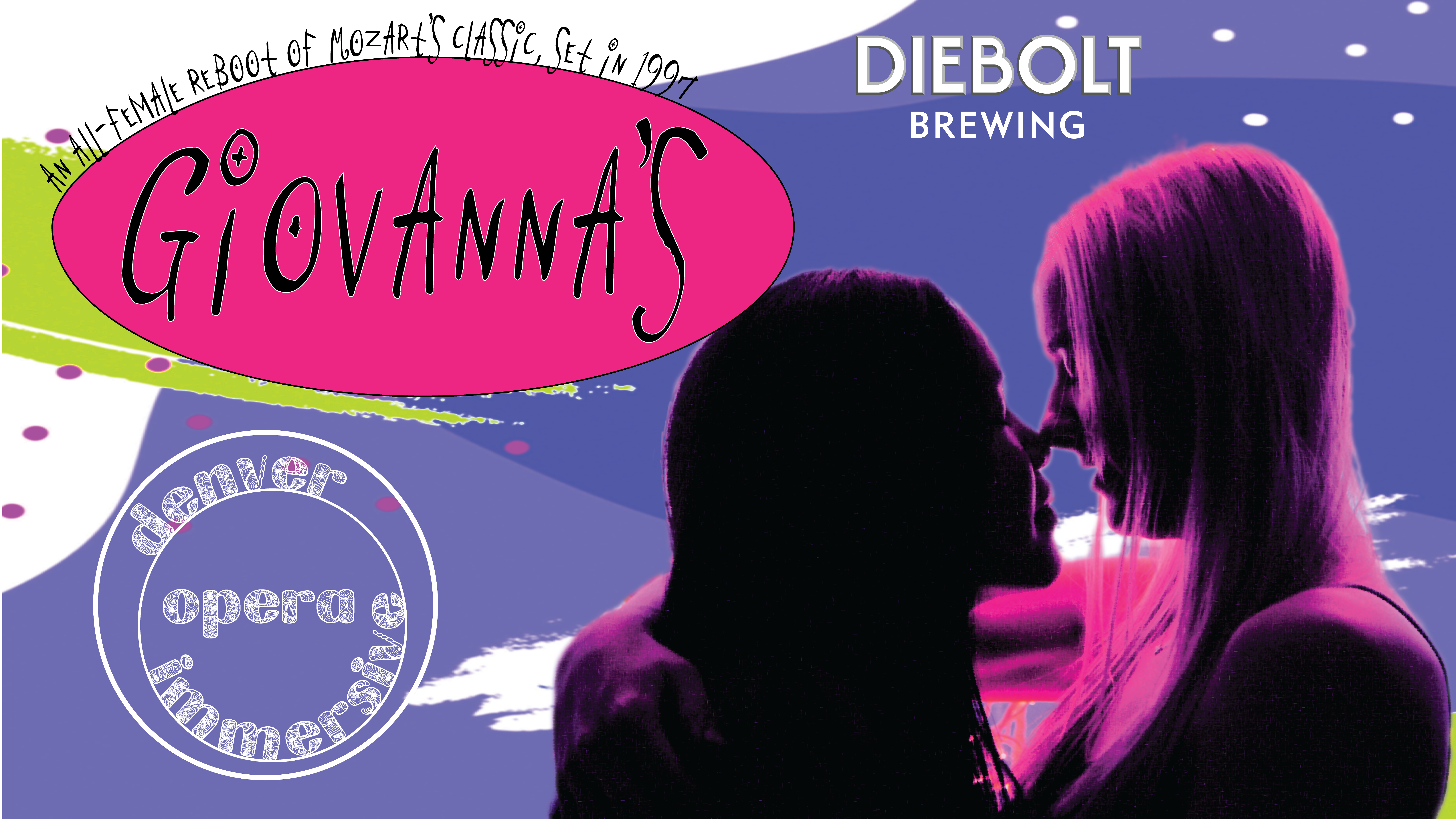
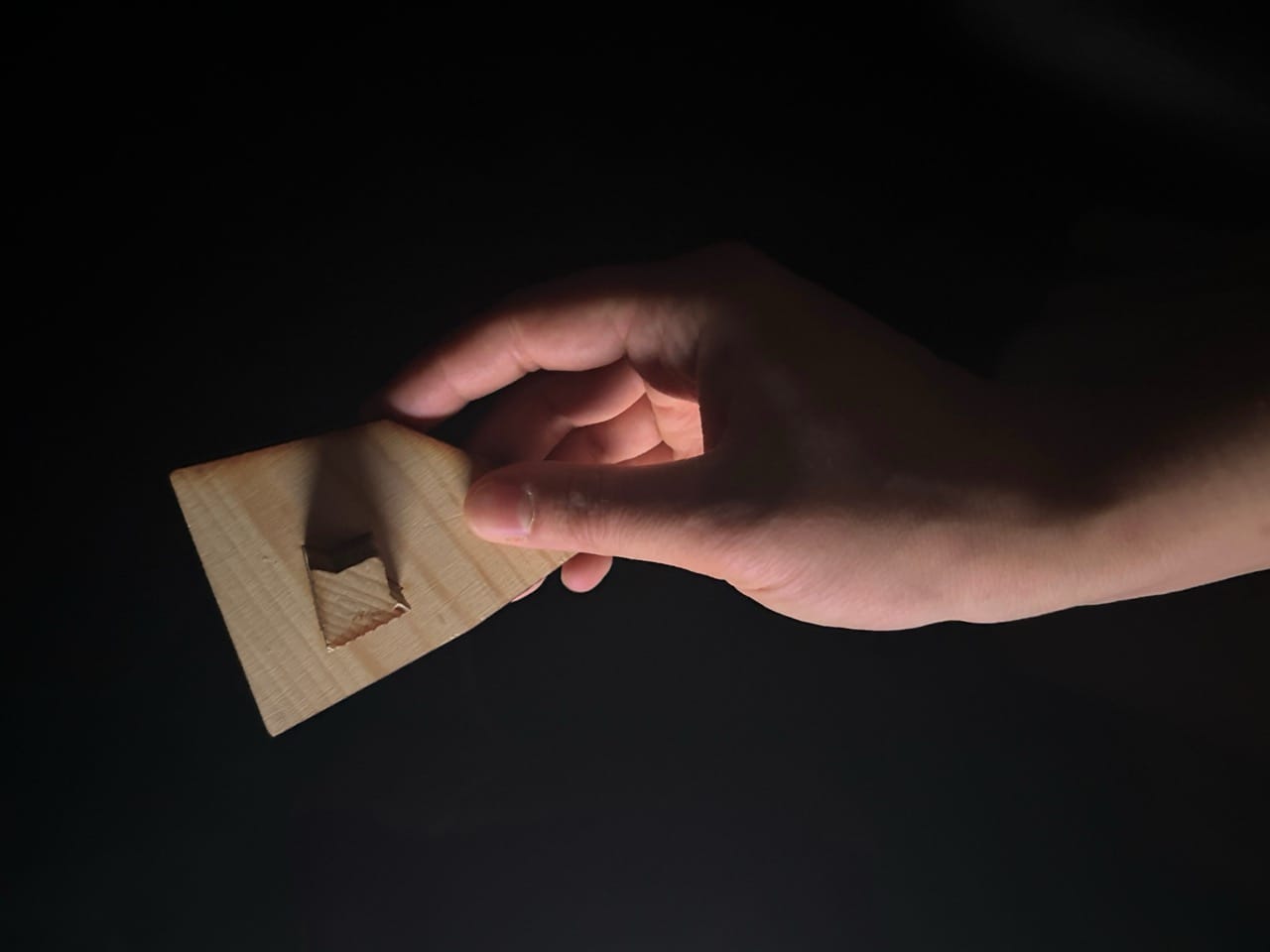

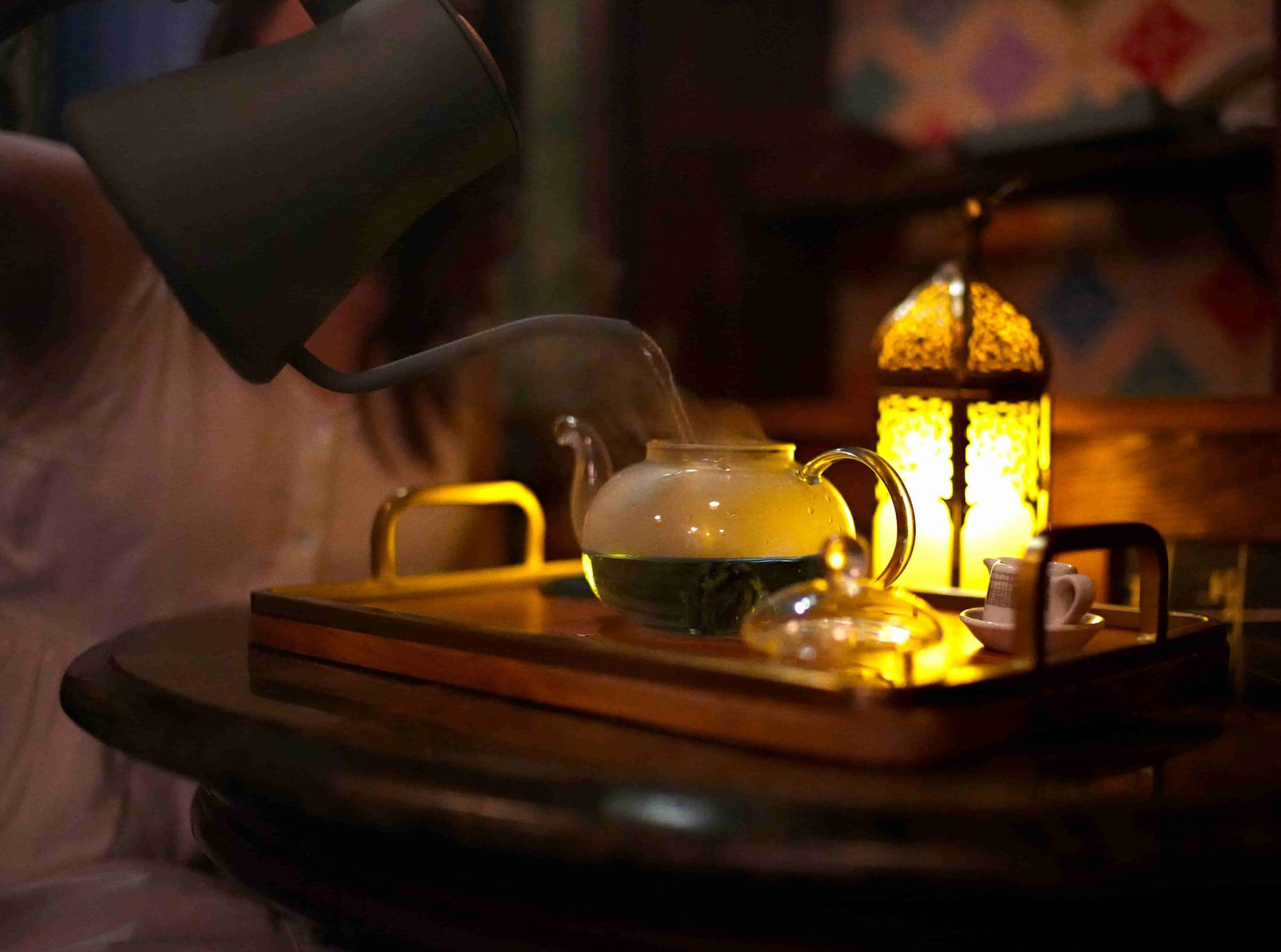
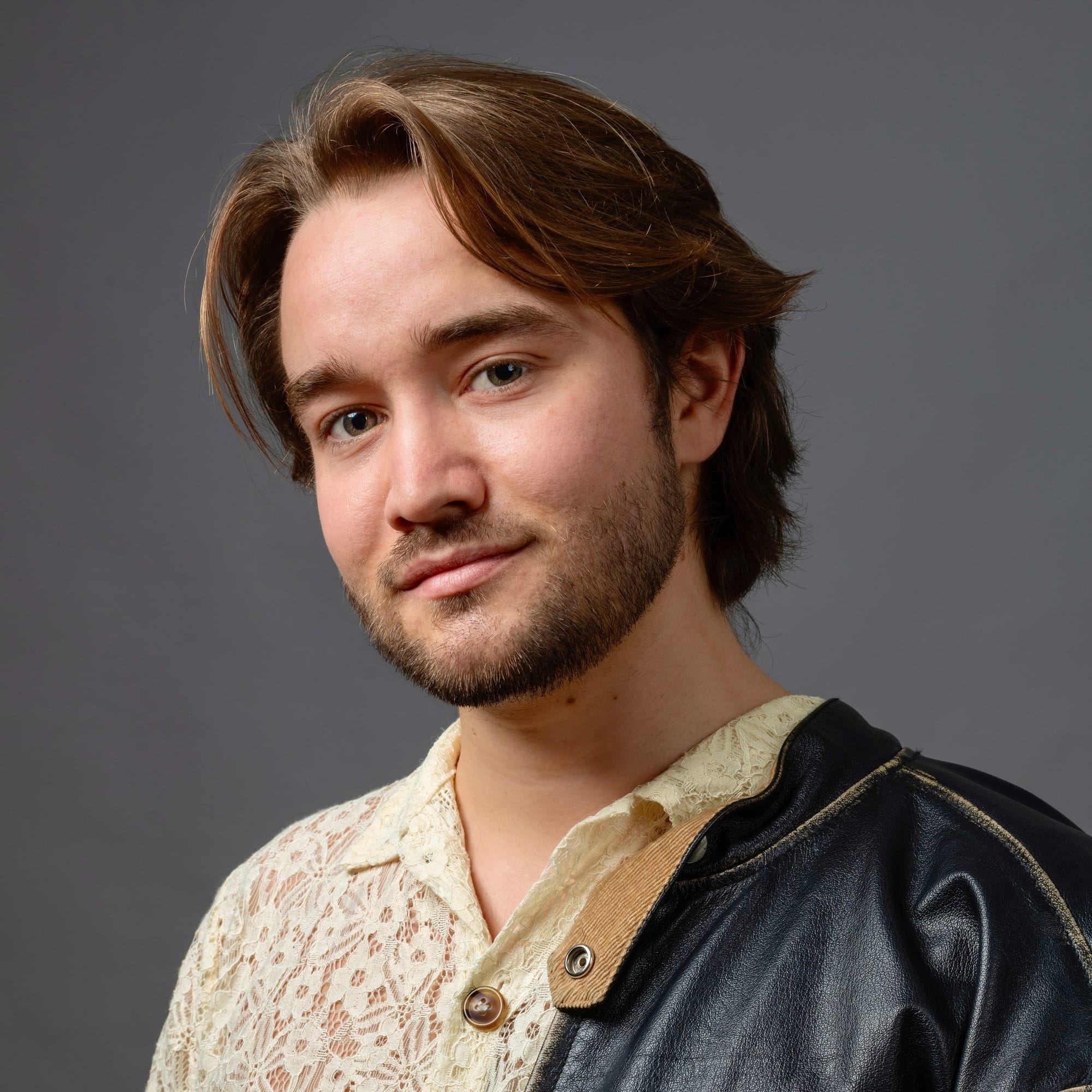

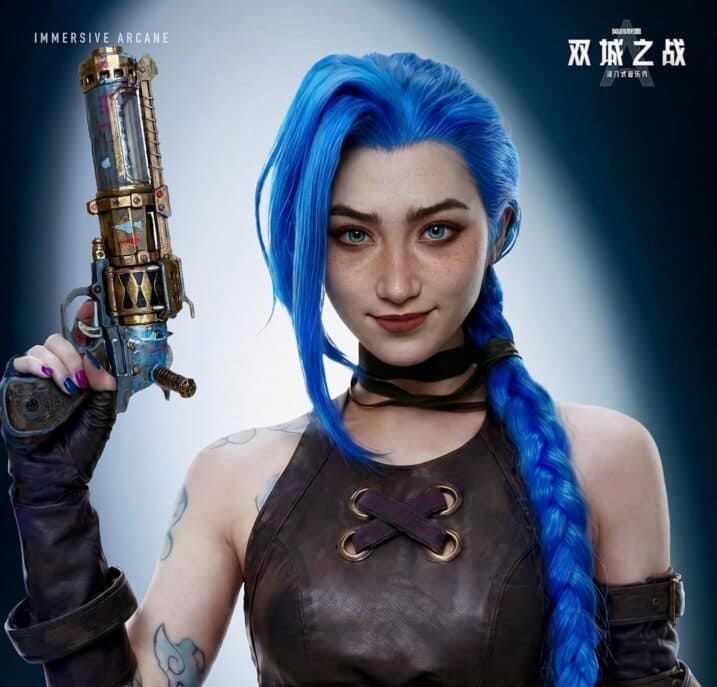


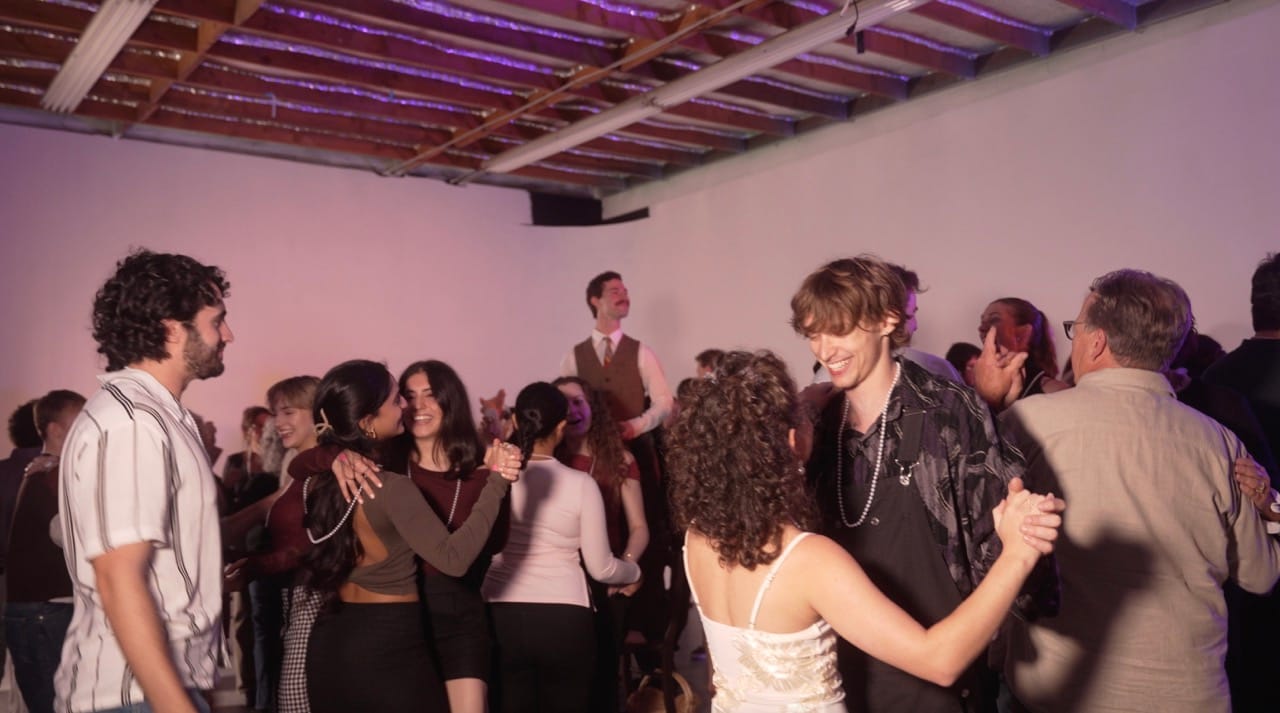
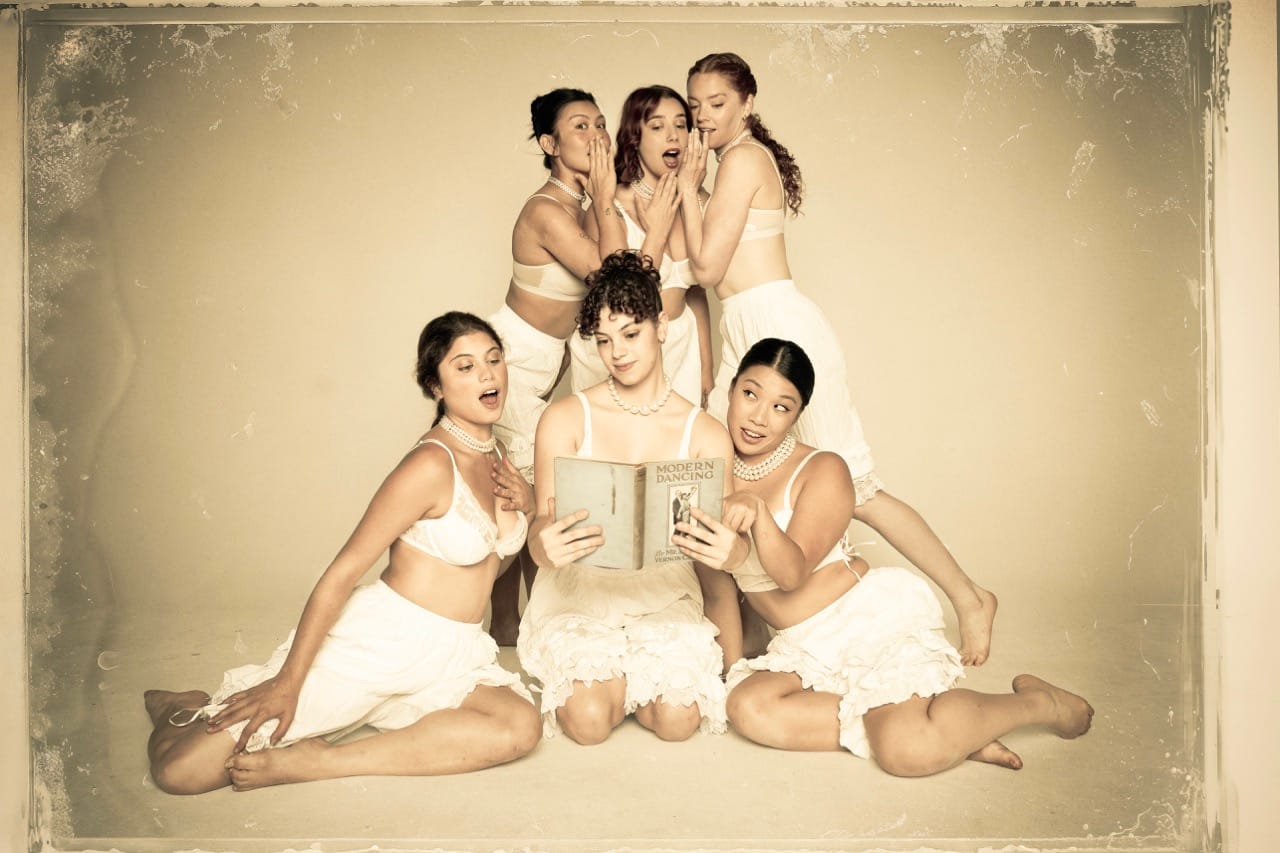
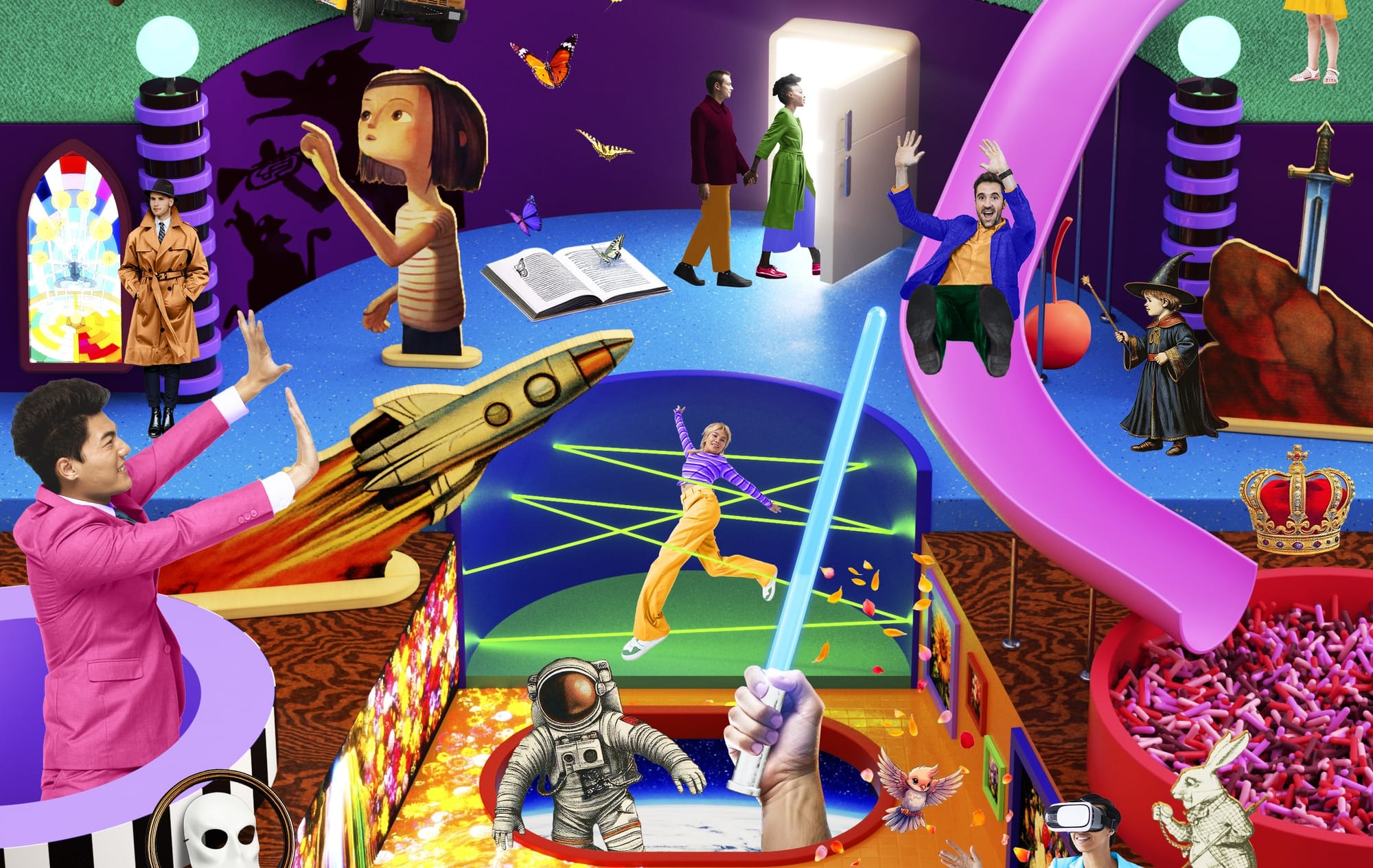
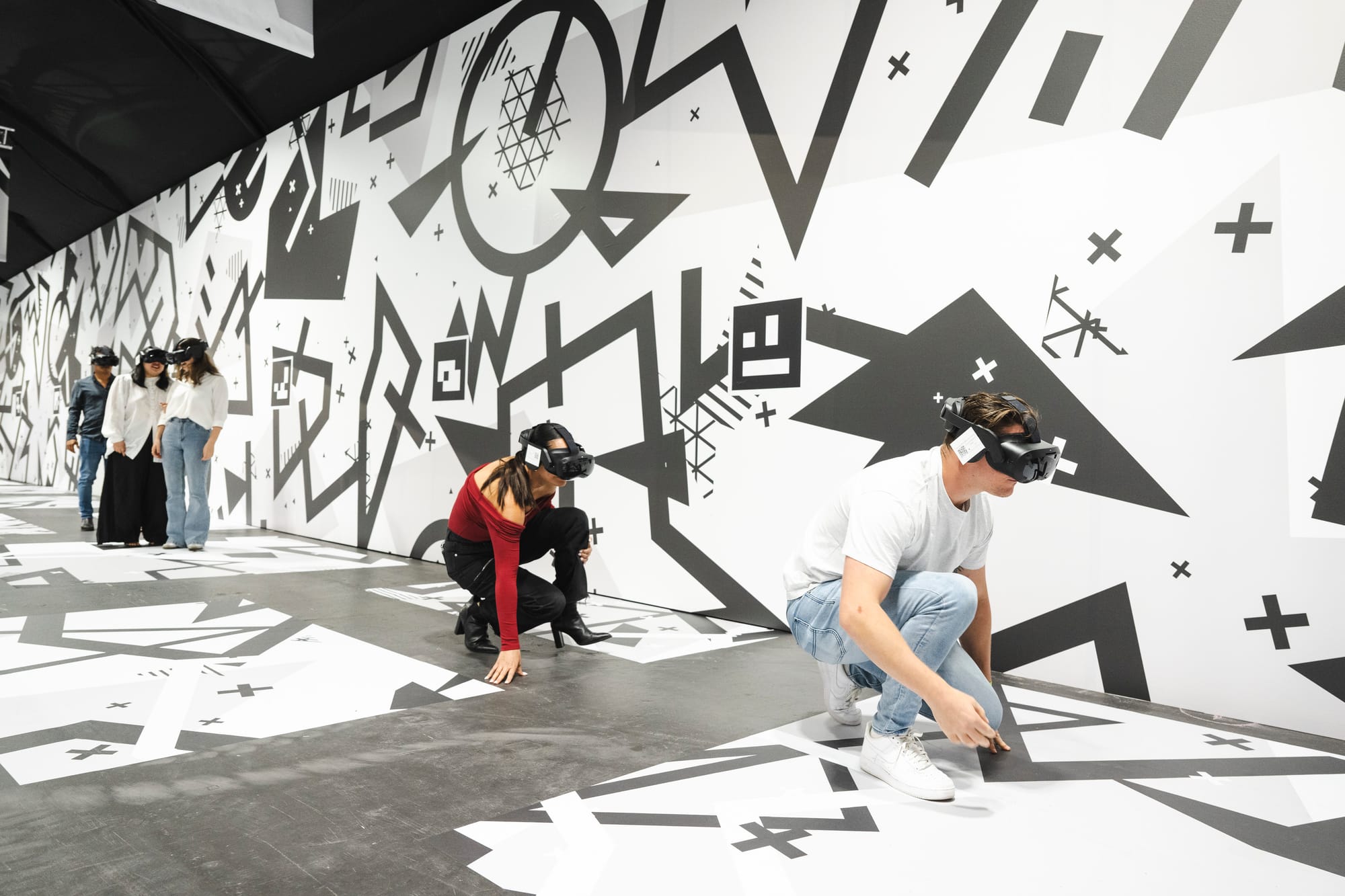
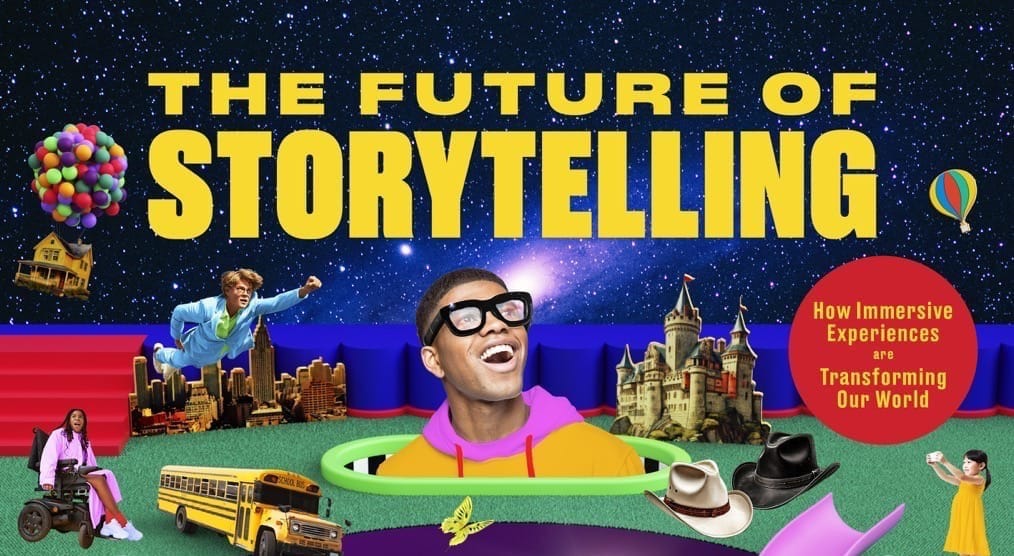

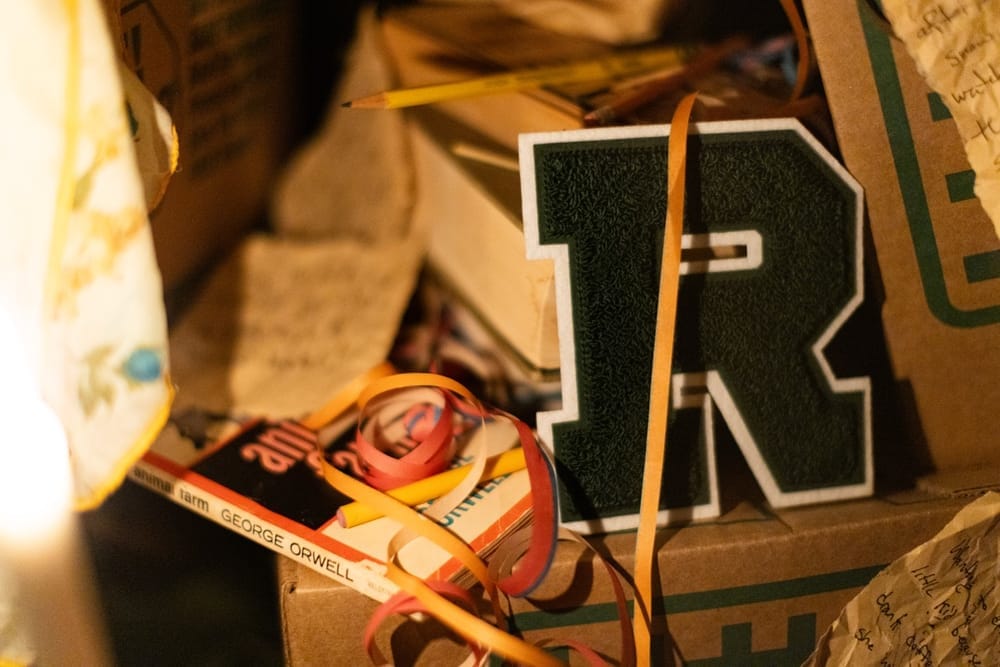
Discussion